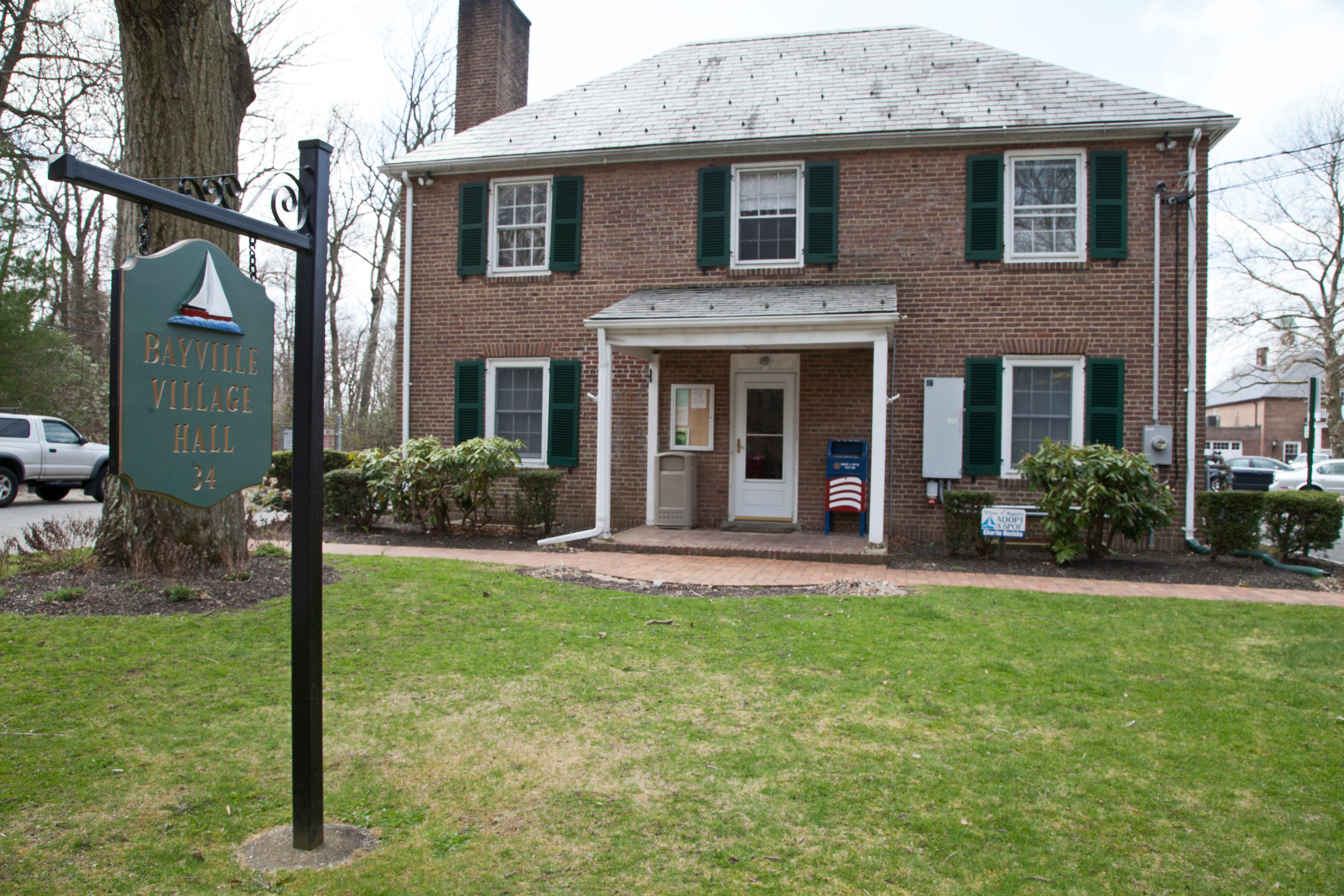Village must comply with DEC soon
A great deal of discussion at Monday’s Village of Bayville board of trustees meeting centered on the village’s engineering company, H2M, and the leak smelling of petroleum that it discovered behind City Hall.
The odor was detected when work was being done by H2M to put in a drywell to improve drainage at the salt storage shed behind City Hall on Jan. 24. An engineer alerted his environmental team that he smelled petroleum. A reading was taken and, based on the results, a spill report was filed with the DEC.
“No one ever observed the spill,” said Deputy Mayor Joe Russo. “All work stopped immediately on the shed.”
The DEC will assign a case manager to determine what is to be done, but first the agency needs an action plan. Mayor Paul Rupp wanted H2M to formulate the plan, but there was some resistance from a few of the trustees at the meeting because the cost has been estimated at between $16,000 and $21,000.
“We need a major environmental engineering firm to do the work,” said Trustee Michele Principe. “We can’t give H2M an open check.”
Rupp warned that the plan needs to be completed soon, because the DEC can fine the village.
Trustee Bob Nigro agreed with Principe. “We should get a second or third opinion,” he said. “H2M’s name is on a lot of things. Maybe we should get another set of eyes on this.”
Rupp became aggravated at that point. “Maybe people should get involved and come here not just one time a month,” he said. “We can get the quotes, but I’m telling you we are under a time frame and will be fined.”
After the meeting, Russo said that the village would solicit additional proposals for the project. But he added that the village needs to reach out to the DEC first. “We need to go back to the DEC case manager and get further clarification when the DEC wants the plan,” Russo said. “We may have to use H2M if there is not time.”
State water conservation plan
The state requires water municipalities to share their plans for reducing water consumption. State officials are requesting that municipalities reduce water consumption by 15 percent over a three-year period.
The village has decided to hire New York Leak Detection Inc. for a fee of $3,000. They company will test the water mains and identify any leaks. The village will need to present its plan to the state by late April, and then show the progress toward its goals over the three-year period.
“Leaks are only part of the plan,” Russo said. “Our plan will include making sure, for example, that people aren’t running their sprinkler systems between 10 a.m. and 4 p.m., and that they’re watering on alternate days.”
Additionally, Russo said, the village is planning an outreach program to encourage residents who own old homes to upgrade their plumbing systems. “When new fixtures are put into a home, they meet water efficiency goals,” he explained.
The last time a service was performed in Bayville to check for leaks was in 1989. Twelve to 15 leaks were discovered then, which were fixed.
Everyone voted to approve the hire of New York Leak Detection except Tim Charon.
“I vote against every repair to the water system because we have a bigger problem that a Band-Aid will not fix,” Charon said. “We have an aging infrastructure. That is the bigger problem that I want addressed.”
Charon said he worries about water quality and the lifetime of the water lines. “In a saltwater environment, pipes are eventually destroyed,” he said. “We don’t have any long-term plans for water or an overall plan. We need one.”
Paying Army Corps of Engineers
The village estimated that it owes the Army Corps of Engineers $285,000 for a study that was conducted in 2012, after Hurricane Sandy, that addressed flooding. The corps proposed building a 14-foot seawall around Bayville, which was unanimously shot down by trustees.
“They came up with exactly what they were told would not fly over 15 years ago,” said former Mayor Doug Watson. “We didn’t get our money’s worth from them.”
The village has estimated that it will need to pierce the tax cap to pay the Army Corps bill, and increase its budget by 3.66 percent. “The state got rid of the incentive to stay below the tax cap,” said Charon. “For the last two years we tried not to raise the taxes so residents could get the refund, but you can’t get one anymore.”
The budget will be finalized in April.






